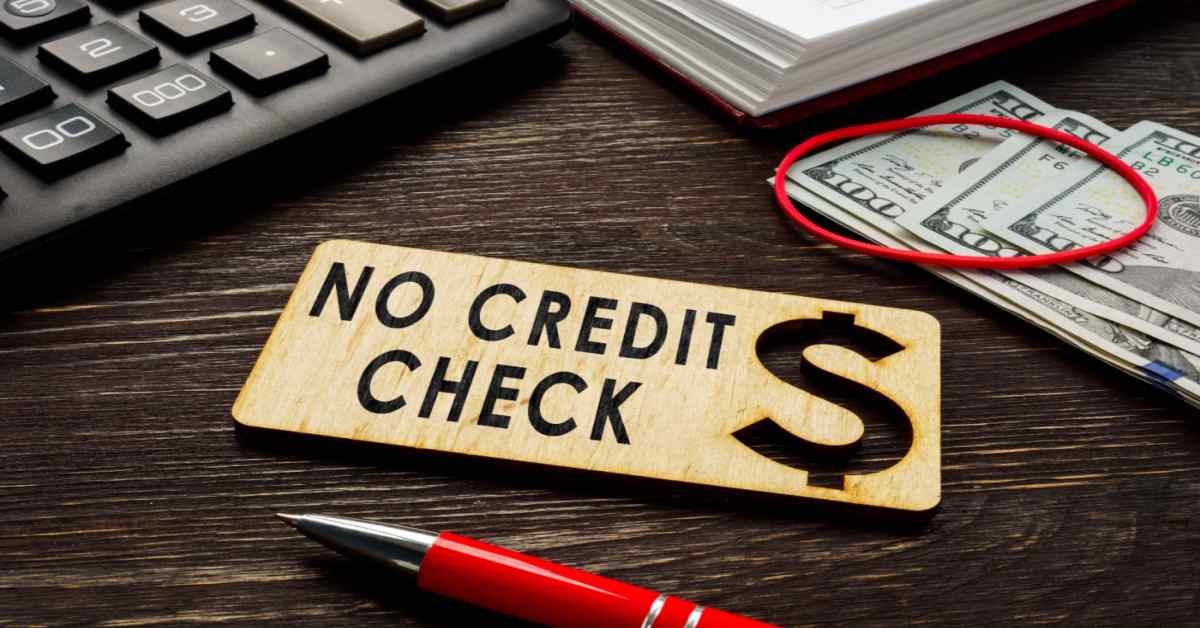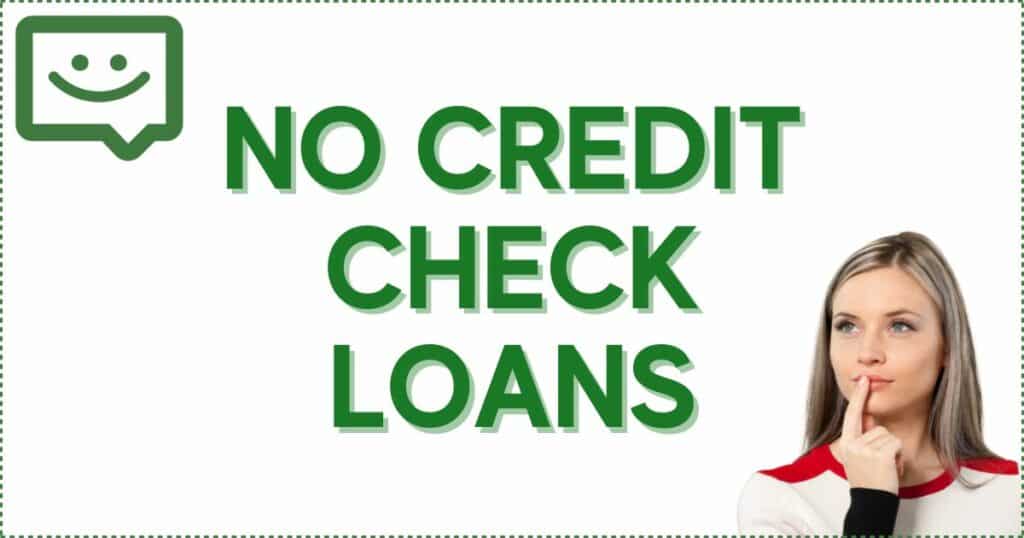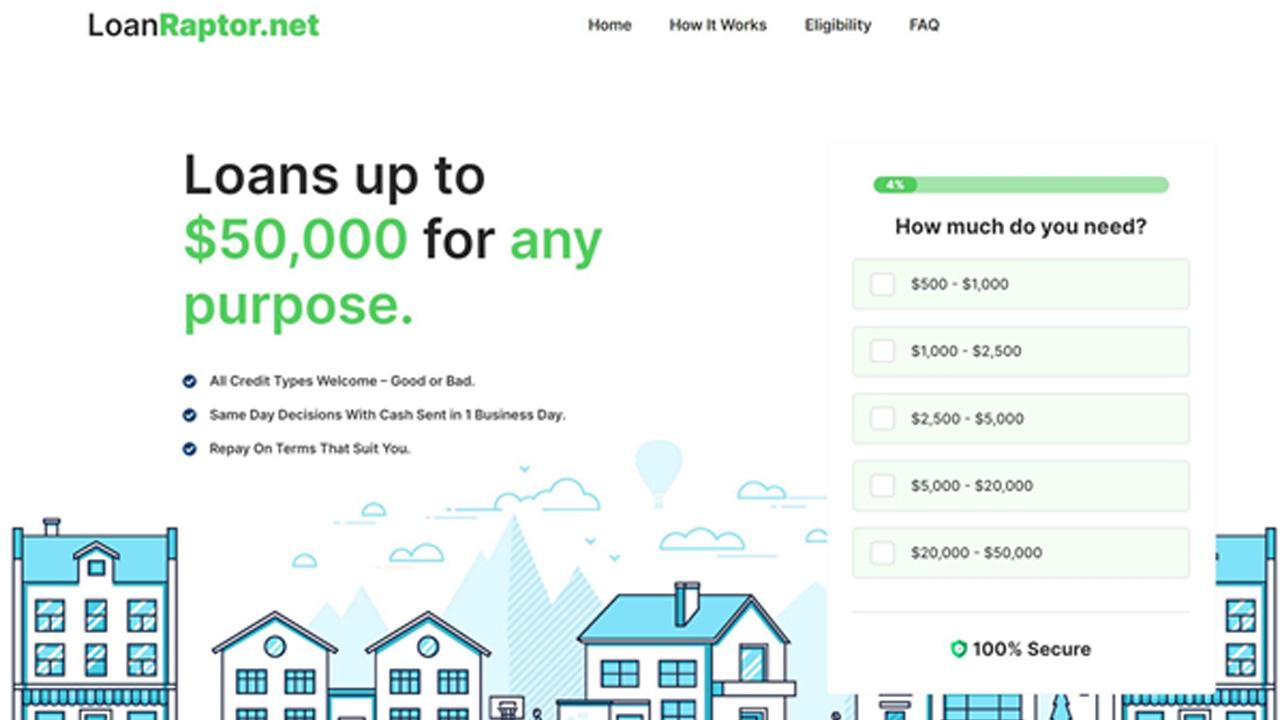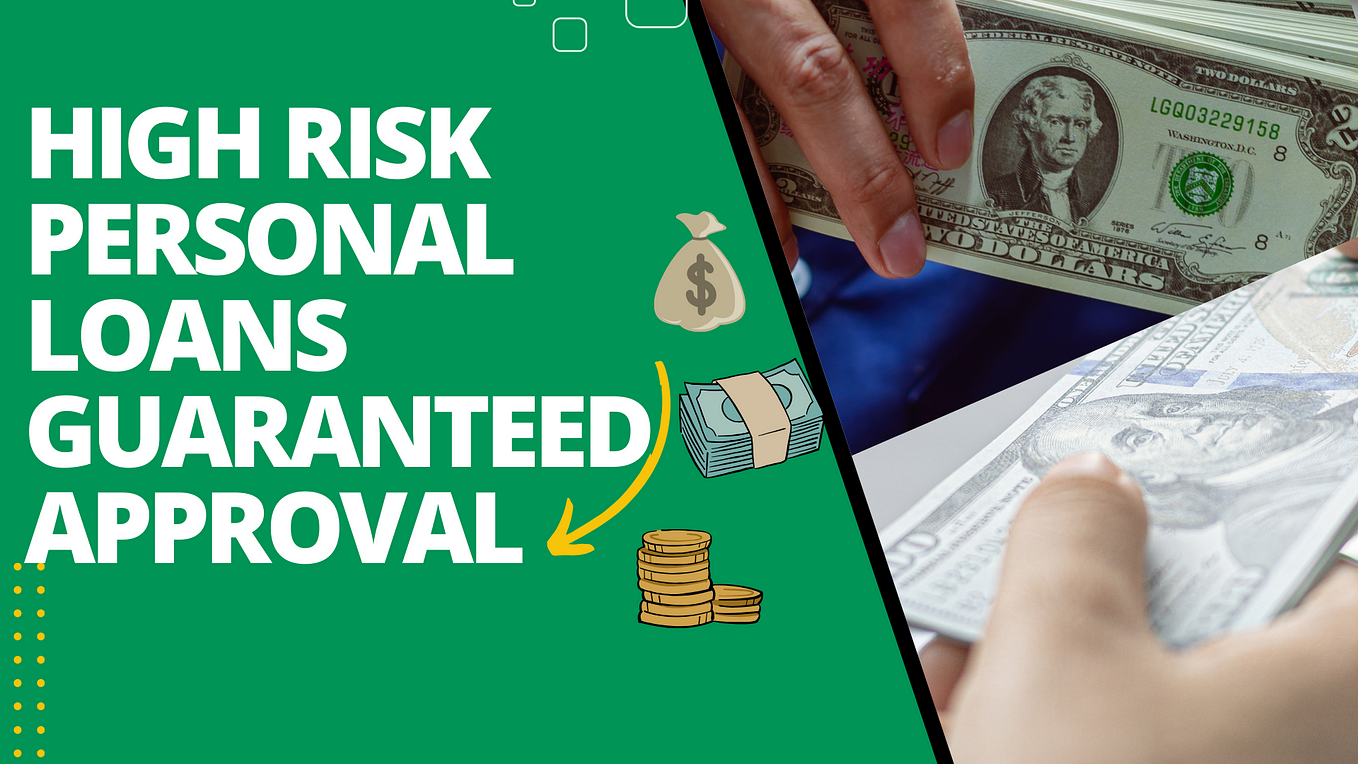$1 000 Quick Loan No Credit Check

Desperate for cash? A growing number of lenders are aggressively advertising $1,000 quick loans with no credit check, promising instant financial relief.
These offers, while tempting, come with significant risks and deserve careful scrutiny before borrowers commit.
The Allure of "No Credit Check" Loans
These loans bypass traditional credit checks, targeting individuals with poor or nonexistent credit histories.
Advertisements often highlight speed and ease of access: "Get cash in 24 hours!" or "Approval guaranteed!"
This accessibility is particularly attractive to those facing unexpected expenses or financial emergencies.
Who is Offering These Loans?
A mix of online lenders, payday loan companies, and tribal lenders are heavily promoting these offers.
Online lenders operate primarily online, offering loans through websites and mobile apps.
Payday loan companies provide short-term, high-interest loans typically repaid on the borrower's next payday.
Tribal lenders are based on Native American reservations and may operate under different regulations, often claiming sovereign immunity from state laws.
What are the Terms and Conditions?
The most critical aspect of these loans is the exceptionally high interest rates.
Annual Percentage Rates (APRs) can range from 300% to over 600%, far exceeding rates for traditional loans or credit cards.
Hidden fees and penalties can further inflate the total cost of borrowing.
Where are These Loans Available?
These loans are widely available online, accessible from anywhere with an internet connection.
Some payday loan companies also have physical storefronts in certain states.
However, the online presence of these lenders makes them easily accessible nationwide, regardless of state regulations.
When Should You Consider (and Avoid) These Loans?
These loans should only be considered as an absolute last resort, when all other options have been exhausted.
The high cost of borrowing can quickly trap borrowers in a cycle of debt.
Avoid these loans if you have other borrowing options, such as credit cards with lower interest rates, personal loans from banks or credit unions, or assistance from family or friends.
The Dangers of Debt Traps
The combination of high interest rates and short repayment periods can make it difficult for borrowers to repay the loan on time.
This can lead to rollovers or renewals, where the borrower pays a fee to extend the loan, further increasing the debt.
Over time, the interest and fees can quickly exceed the original loan amount, creating a debt trap that is difficult to escape.
Regulatory Scrutiny and Consumer Protection
Consumer advocacy groups and government agencies are increasingly scrutinizing these "no credit check" loans.
The Consumer Financial Protection Bureau (CFPB) has taken action against lenders engaging in predatory lending practices.
Some states have laws in place to regulate payday lending and limit interest rates, but these regulations may not apply to tribal lenders or online lenders operating from outside the state.
Alternatives to Consider
Before resorting to a $1,000 quick loan with no credit check, explore other options.
Consider a personal loan from a bank or credit union, which typically offers lower interest rates and more favorable terms.
Explore options like credit card cash advances (although interest rates are often high), borrowing from family or friends, or seeking assistance from local charities or government programs.
Next Steps and Ongoing Developments
Consumers should carefully research any lender before applying for a loan and read the terms and conditions thoroughly.
Be wary of lenders who promise guaranteed approval or require upfront fees.
The CFPB and other regulatory agencies are continuing to monitor the "no credit check" loan industry and take action against predatory lenders.
Consumers experiencing difficulties with these loans should contact the CFPB or their state's attorney general for assistance.
Increased awareness and responsible borrowing practices are crucial to protect consumers from the risks associated with these high-cost loans.













